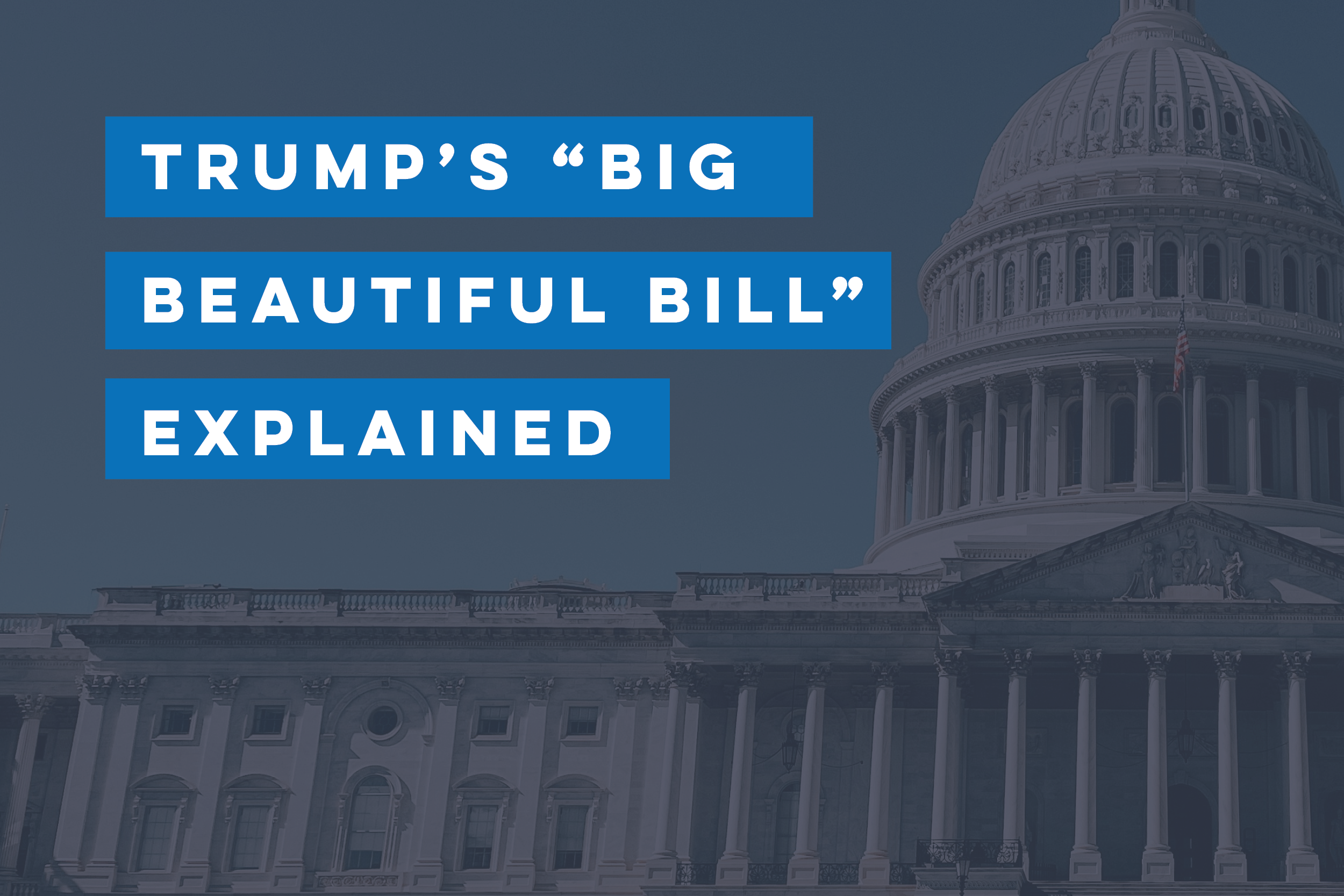Blog
February 25, 2026
In developing a draft statewide high school graduation framework, the K-12 Statewide Graduation Council uncovered strong support for making financial literacy a graduation requirement. Yet despite the widespread consensus about its importance, there has been little public discussion about preparing schools and educators to deliver high-quality, relevant, and culturally competent curriculum on financial literacy. If a graduation mandate goes into effect, school and district leaders will need timely and thorough state guidance to help them identify and implement curriculum that meets the needs of their staff, students, and communities.
November 23, 2025
For many years, our team at the Rennie Center has been talking about the need to rethink education to meet the needs of students in our rapidly evolving world. This change won’t happen overnight. For new ideas to lead to lasting progress, they must be tested, refined, and scaled in ways that reflect the needs of every community. That’s why a critical piece of rethinking education is strengthening the research and development infrastructure within public schools. For the past few years, we’ve been working with schools across the Commonwealth to do just that. The Rennie R&D Labs support schools as they test and refine new and innovative strategies with their students. Eventually, we will be able to bring these ideas to more practitioners and policymakers so that they can be scaled across schools and districts.
November 13, 2025
On November 12, 2025, Rennie Center Director of Policy Alexis Lian testified to the Massachusetts Legislature's Joint Committee on Education regarding bills H.734 and S.343, An Act fulfilling the promise of education reform.
September 16, 2025
On September 16, Rennie Center Director of Policy Alexis Lian testified to the Massachusetts Legislature's Joint Committee on Education regarding bill S.338, An Act promoting high-quality comprehensive literacy instruction in all Massachusetts schools.
September 04, 2025

Over the summer, Congress passed sweeping federal legislation that will have a deep and lasting impact on education in Massachusetts and across the nation. As students head back to school, we want to help you understand what this legislation will mean for local K-12 schools, early education providers, and institutes of higher education.
July 23, 2025
This bill analysis examines a piece of legislation that would ban cell phones during the school day, responding to a growing body of research indicating that social media and cell phone use are major contributors to increasing youth mental health challenges. The legislation would require all schools or districts to enact a policy regarding the use of personal electronic devices during school hours.
July 17, 2025
Now more than ever, the world needs independent, unbiased information they can trust. The Rennie Center has been that voice for the past 20 years, and this year was no different. Our first End-of-Year report provides more detail on the initiatives and efforts we led during Fiscal Year 2025.
June 30, 2025
For years, the Rennie Center has worked to build the capacity of educators, leaders, and community members to use research and data to drive meaningful improvements in education. Our Student Changemakers program recognizes that students themselves can lead this work, too. Launched in 2022, Student Changemakers empowers young people to become the change they want to see through a Youth Participatory Action Research (YPAR) process. By applying classroom learning to authentic challenges, students grow into informed, engaged citizens ready to shape their communities—both now and in the future.
May 29, 2025
Last year, the Healey-Driscoll Administration kicked off Literacy Launch, a new approach to improving early literacy that aims to ensure Massachusetts schools, educators, and students have access to high-quality, evidence-based reading instruction. A core component of this initiative, the Literacy Launch Institutes offer free training opportunities focused on preschool through third grade literacy. HILL for Literacy will run the institutes with support from the Rennie Center. Our team will help to design and implement the statewide professional learning institutes and follow up with targeted support for educators on effectively implementing evidence-based practices.
